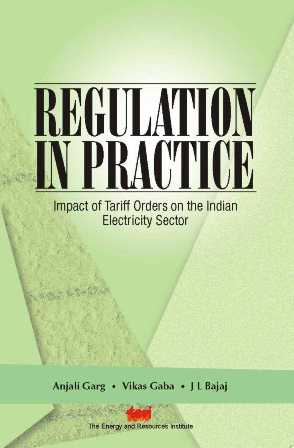Indian Industry Group Seeks Duty On Chinese Cars
The Hindu Times reports that the Society of Indian Automobile Manufacturers and TATA Motors have asked the Indian government to slap a 35 percent duty on Chinese goods. The duty's proponents argue that Beijing's enforced yuan-to-dollar parity has given Chinese manufacturers up to 30 percent advantage on exports. The proposed duty will supposedly level the playing field. Of course, what's bad for Indian manufacturers is good for Indian consumers. But protective tariffs have become a worryingly commonplace phenomenon in the Asian auto biz. Once one country gives its industry a small advantage, it tends to create a protective tariff arms race and from China and Korea to Malaysia and Indonesia, everyone is jumping in on the action. If India further legitimizes the practice, there will be few remaining incentives for fair competition in the fastest growing auto markets in the world.
More by Edward Niedermeyer


































Comments
Join the conversation
I'm sorry, I didn't realize I logged on to The Daily Kos. Protectionism (not nurturing) is always a bad thing. Competition. Free market enterprise. Starting with little and turning it into something more. That's what makes America great. When did America forget that? Why is it that whenever things trend down, no matter how small, no matter the duration, America seems to be willing to throw it all away and go down the socialist route? CEO pay caps, socialized medicine, protectionism, and the systematic redistribution of wealth just because some don't like the hand they were dealt (or, more likely, the hand they dealt themselves)? I don't like what the Asian nations are doing, and I think it will bite them in the ass sooner rather than later.
India industry needs to grow a spine. They had total protectionism for decades and decades. What did that get them? Brand-new 1954 Morris automobiles and brand-new 1959 Fiat automobiles. Churned out for decades. One of the lowest standards of living on planet earth. Now they have one of the best growth economies on planet earth - much of which came from opening their markets up - open markets include exports. China can always also retaliate and put tariffs onto Indian goods, which would not work out well for India. Nope. Indian automakers simply need to do a better job than Chinese automakers. That should not be a difficult task, giving what other Chinese products are like!
CarShark, The reason free trade hasn't worked for the United States is because we are the only ones doing it. Everyone else slants the rules in their favor. What we need to practice is Fair Trade - that is, if you open up cetain markets in your country we will open up ours, if you exclude our products, we will exclude yours. Right now free trade is a one way street - into the US. As for competition, historically in the case of the US, there were plenty of competitors in the US market to keep them honest and give the consumer the benefit of the competition. Now that so many of our industries have been decimated it would be hard for real market competition to occur in some industries, like electronics, if the government tried to support a home based industry. Though I would like to think if given the chance, new companies would be formed if the market wasn't under assault from foreign competition. And these would give the consumers choices. I think we are closer than you think. I don't want protectionism, except against predator nations, I want nurturing of American insdustry and Fair Trade. Also I am a conservative politically but a nationalist when it comes to trade. We should participate when it is to our benefit.